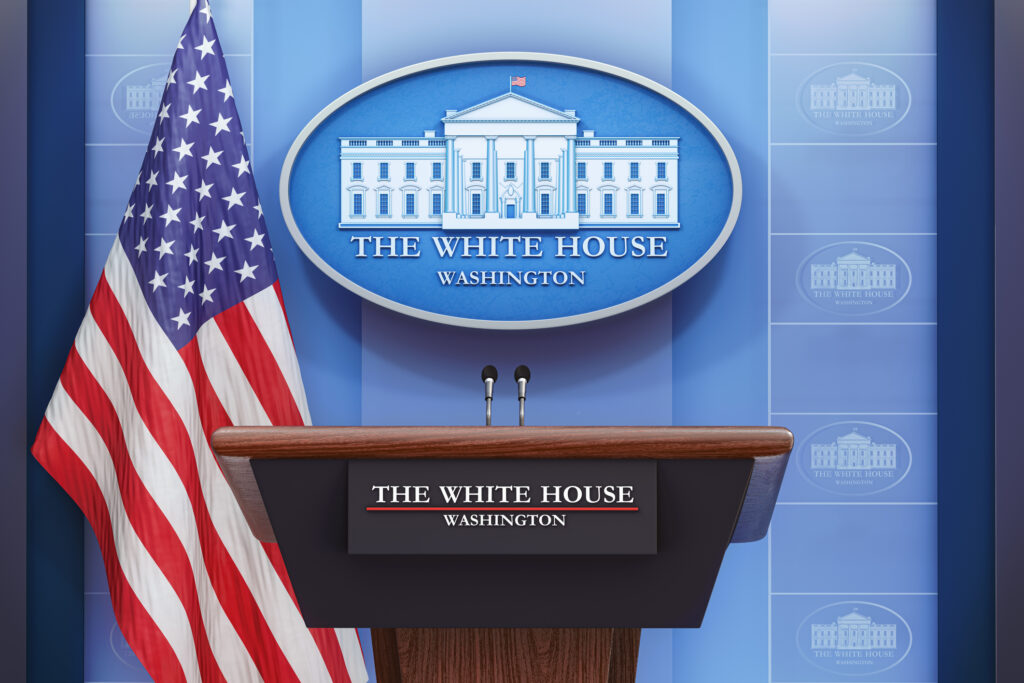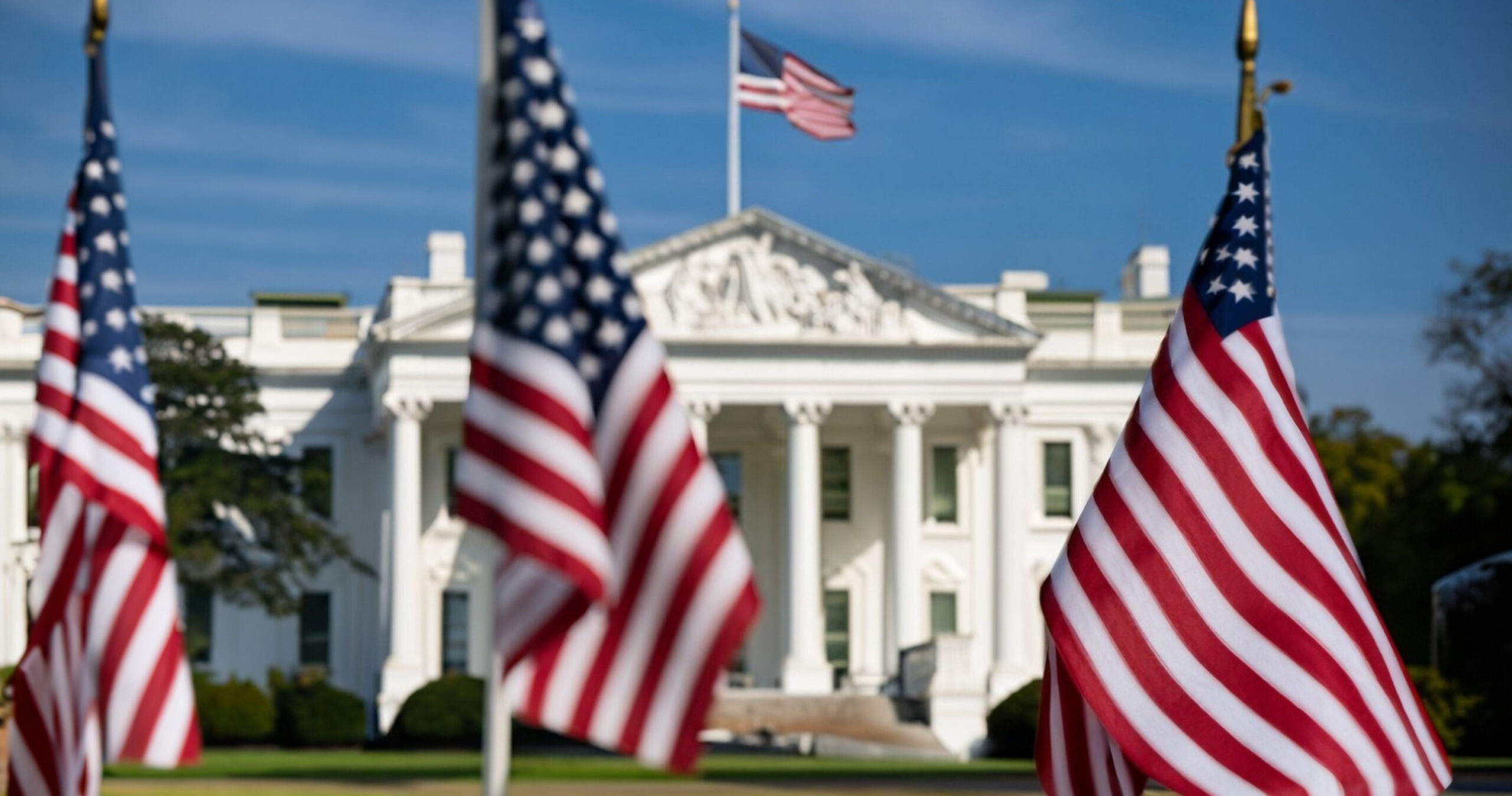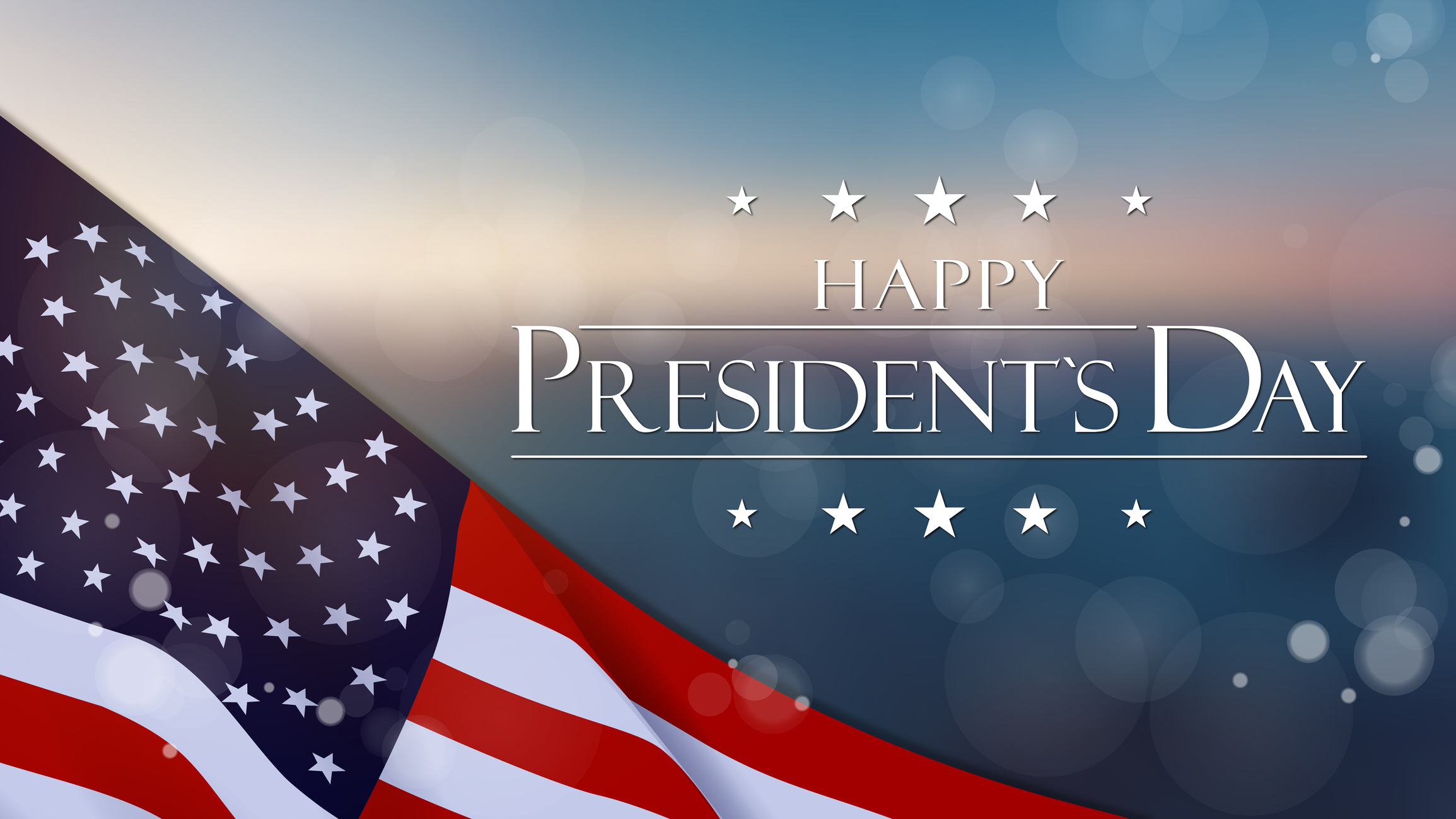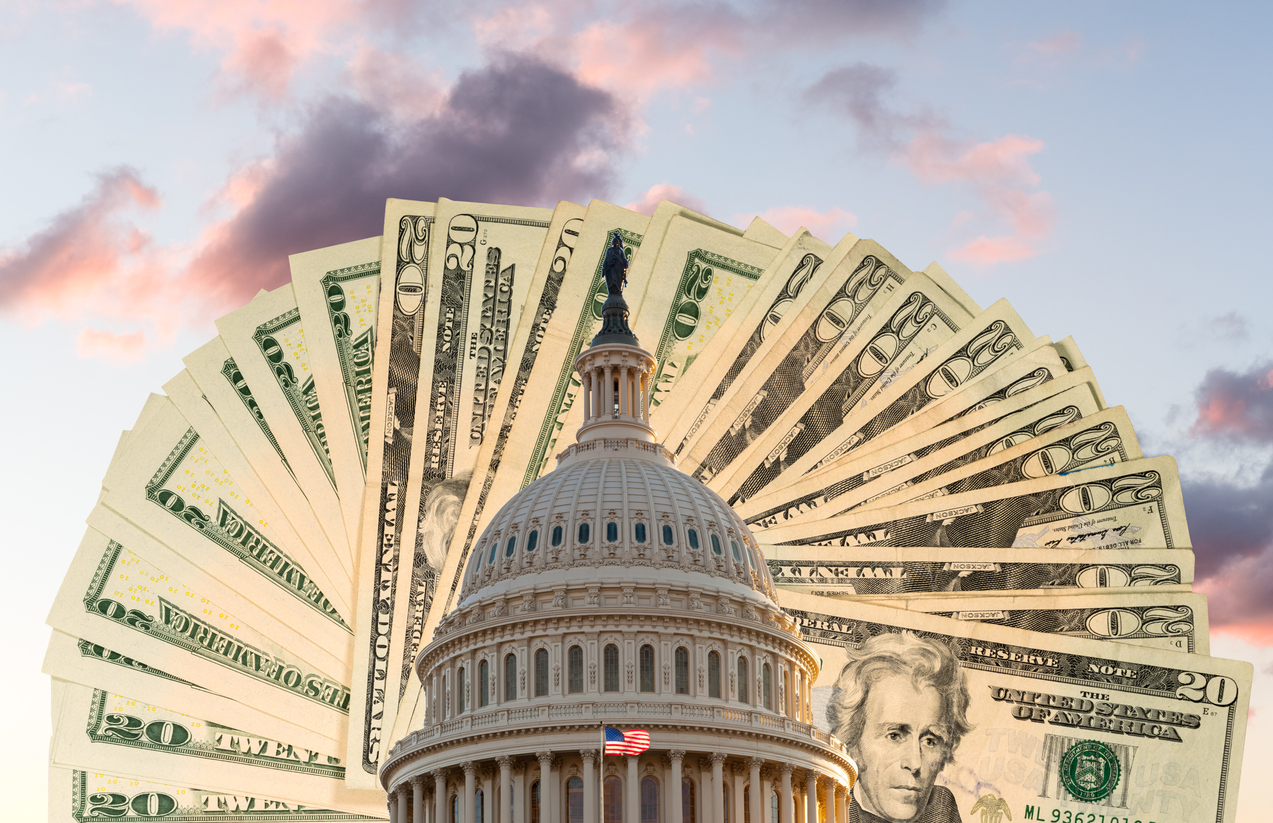
On January 20, 2025, Donald Trump was inaugurated as the 47th President of the United States, marking the beginning of a second term in office. Trump immediately set the tone for the administration by signing sweeping executive orders. On his first day, President Trump signed a series of executive orders that reflected his administration’s priorities. These actions included reversing several Biden administration policies, reshaping aspects of federal governance, delaying Chinese divestment from TikTok, and impacting energy production, immigration enforcement, and regulations around government speech. While the orders underscored his commitment to fulfilling campaign promises, they also signaled a significant shift in policy direction likely to generate both support and controversy in the months ahead.
Redefining Birthright Citizenship
President Trumps most notable executive order, “Protecting the Meaning and Value of American Citizenship,” attempts to narrow the scope of birthright citizenship by reinterpreting the Fourteenth Amendment’s “subject to the jurisdiction thereof” clause to exclude certain individuals born in the United States. Specifically, it asserts that children born to mothers unlawfully present in the country or present temporarily under non-immigrant visas, where the father is neither a U.S. citizen nor a lawful permanent resident, are not automatically entitled to citizenship. Effective 30 days after issuance, the order prohibits federal agencies from issuing or recognizing citizenship documentation for such individuals while maintaining eligibility for others, such as children of lawful permanent residents.
Revoking Biden Administration Policies
President Trump rescinded numerous initiatives from the Biden administration, including those related to executive branch ethics, diversity, equity, and inclusion (DEI) initiatives, climate resilience policies, and public health policies. This executive order mandated federal agencies to halt the implementation of these policies and conduct reviews to align with the new administration’s policy preferences.
Controlling Government Speech
Another executive order underscored “free speech”, criticizing government speech that allegedly influenced online platforms to suppress misinformation and disinformation. The order prohibits federal employees from “censorship” and orders the Attorney General to investigate any potential past governmental action that would be considered “censorship” under the new order.
Addressing the “Weaponization of the Federal Government”
Another order establishes a framework to review and address perceived misconduct within federal law enforcement and intelligence agencies, framing these actions as politically motivated abuses of power. It directs federal departments to investigate past activities for alleged bias or impropriety and identify personnel or practices deemed inconsistent with the administration’s objectives. The Attorney General and department heads will assess enforcement actions and recommend remedial measures, which may include personnel or structural changes. The intelligence community will undergo a similar review to ensure alignment with the order’s stated policies.
Curtailing Federal Employee’s Remote Work
President Trump signed a memorandum directing all executive branch departments and agencies to terminate remote work arrangements and require employees to return to in-person work at their designated duty stations on a full-time basis “as soon as practicable”. It allows department and agency heads the discretion to grant exemptions as they see fit and specifies that implementation must comply with applicable laws.
Freezing the Federal Workforce
Trump implemented a hiring freeze across the federal civilian workforce, prohibiting the filling of vacant positions and the creation of new ones as of January 20, 2025, with exceptions for military personnel, roles related to immigration enforcement, national security, public safety, and certain other high-priority functions. Additionally, the order mandates the Director of OMB, in collaboration with OPM and USDS, to develop a plan within 90 days to reduce the federal workforce through attrition and efficiency improvements. While the freeze will expire upon issuance of the OMB plan for most agencies, it will remain in effect for the IRS until lifted by the Treasury Secretary. Contracting to bypass the freeze is prohibited, but reallocation of personnel and resources to meet critical needs is allowed.
Addressing Inflation and Regulatory Costs
President Donald Trump signed an executive order assigning broad and ambitious goals to executive departments and agencies to provide “emergency price relief” and improve prosperity for American workers. The order targets historic inflation, “regulatory burdens”, and increased costs for goods, housing, and energy. The order aims to deliver immediate price relief through regulatory changes, though doing so will require lengthy and complex processes and legal reviews.
Pardoning January 6 United States Capitol Attackers
Trump granted a sweeping act of clemency for individuals convicted or charged for their actions related to the January 6, 2021, Capitol attack, commuting sentences for a select group of prominent defendants and issuing unconditional pardons for over 1,500 others. Framed as a measure to end a “grave national injustice” and foster “reconciliation,” the order effectively concludes the largest criminal probe in U.S. history.
Delaying Enforcement of ByteDance Divestment from TikTok
Trump effectively postponed enforcement of a law aimed at banning TikTok due to national security concerns, citing the need for additional review and negotiation. The Protecting Americans from Foreign Adversary Controlled Applications Act had already gone into effect just before Trump’s inauguration, targeting TikTok and other ByteDance-operated platforms as security risks due to the potential of the Chinese state to access American’s data. The order directs the Department of Justice to refrain from enforcement for 75 days, delaying any immediate action against TikTok and shielding entities from penalties for noncompliance during this period. The order conspicuously prioritizes preserving access to TikTok for its millions of American users over implementing the act’s prohibitions.
Withdrawing of the United States from the WHO
The administration renewed efforts to withdraw from the World Health Organization (WHO), citing its alleged failure to handle global health crises, including COVID-19, and its susceptibility to political influence from member states. The order halts funding and U.S. participation in WHO-related agreements while exploring domestic alternatives to its functions.
Revocation of Security Clearances for Former Intelligence Officials
An order revoked security clearances for 50 former intelligence officials who signed a letter concluding that reports about Hunter Biden’s laptop in the lead up to the 2020 U.S. presidential election were promoted as part of a Russian disinformation campaign. The order also revoked the clearance of former Trump National Security Advisor John Bolton, whose book, The Room Where It Happened, detailed the internal events of the Trump–Ukraine scandal. The order directs intelligence agencies to review further misconduct and recommend measures to prevent the Intelligence Community from influencing domestic elections or improperly disclosing classified information.
Trump Declares National Emergency at Southern Border, Mobilizes Armed Forces
Trump reinstated a national emergency at the southern border, deploying military personnel and redirecting resources to enhance border security. The order includes plans for additional infrastructure and stricter enforcement measures to combat illegal immigration and trafficking.
Memorandum on America First Trade Policy
Trump issued a memorandum emphasizing “America First” trade measures, directing agencies to address trade deficits, enforce intellectual property protections, and reduce reliance on foreign supply chains. Reviews of existing agreements, including the USMCA and trade relations with China, will be prioritized under the order.
Refocusing Energy Policy
Trump issued an executive order outlining a sweeping deregulatory agenda intended to facilitate domestic energy production and infrastructure development, particularly on federal lands and waters. It emphasizes the removal of specific regulations such as electric vehicle policies and appliance efficiency standards. Additionally, the order mandates the rollback of numerous climate resilience initiatives and prior executive orders. The order directs federal agencies to expedite permitting processes, streamline judicial reviews, and eliminate delays deemed unnecessary. It also disbands advisory bodies and methodologies tied to the social costs of greenhouse gases. The order reflects the Trump administration’s skepticism toward regulatory conservation, favoring immediate industrial and energy sector growth.
Suspending U.S. Refugee Admissions Program
An order suspended the U.S. Refugee Admissions Program indefinitely to address resource constraints and security concerns. The suspension will remain in place until the Department of Homeland Security and the Department of State report on whether resuming refugee admissions aligns with national interests. Limited case-by-case admissions may still occur under strict criteria. The order also directs federal agencies to explore mechanisms for granting state and local governments more influence in refugee placement decisions.
Immigration Enforcement
President Donald Trump outlined an aggressive plan to address what it describes as an “unprecedented” crisis of illegal immigration into the United States, framing the issue as a threat to national sovereignty and security. It directs federal agencies to prioritize building physical barriers along the southern border, deploying personnel, and detaining unauthorized migrants until their removal. Policies such as “catch-and-release” and certain parole programs are targeted for elimination, with a call to reinstate the Migrant Protection Protocols and to prosecute border-related crimes, including trafficking. The order demands enhanced use of technology for identification and family verification, cooperation with state and local law enforcement, and international agreements to curb migration.
Water Routing Plan for Southern California
President Donald Trump issued a memorandum directing the Secretary of Commerce and the Secretary of the Interior to restart efforts to redirect water from Northern California’s Sacramento-San Joaquin Delta to the Central Valley and Southern California. Initially proposed during Trump’s first administration, the plan aims to address water shortages in the region by routing snowmelt and rainwater that currently flows into the Pacific Ocean to communities in need.
Reimposing the Death Penalty
President Donald Trump signed an executive order emphasizing the importance of capital punishment as a deterrent and punishment for heinous crimes, including murder, child molestation, and acts of violence against law enforcement. The order directs the Attorney General to seek the death penalty in all eligible federal cases and to encourage state prosecutors to pursue capital charges in cases involving the murder of law enforcement officers or crimes committed by individuals unlawfully present in the United States.
Declaring a National Energy Emergency
Trump signed a national emergency on energy infrastructure and supply, contending that U.S. energy capacity is critically inadequate. The order instructs federal agencies to expedite energy projects, exercise emergency powers, and streamline regulatory processes under environmental laws such as the Clean Water Act and the Endangered Species Act. Provisions include using eminent domain, invoking the Defense Production Act, and implementing fuel waivers to mitigate gasoline shortages. Further, the order mandates regular assessments and consultations among federal agencies to bolster energy production, transportation, and refining.
Temporary Ban on Offshore Wind Leasing and Federal Wind Energy Projects
Trump issued a memorandum temporarily withdrawing all areas on the Outer Continental Shelf (OCS) from wind energy leasing, effective January 21, 2025. The directive also halts new approvals, permits, and leases for onshore and offshore wind projects pending a comprehensive federal review. Existing leases will remain unaffected, but the administration may review them for potential amendments or terminations.
90-Day Freeze on Foreign Development Assistance
Trump signed an executive order pausing new obligations and disbursements of U.S. foreign development assistance for 90 days. The order mandates reviewing all foreign assistance programs to assess their efficiency and alignment with U.S. foreign policy. The order directs agencies to evaluate each program under guidelines provided by the Secretary of State and submit recommendations to continue, modify, or cease funding.
Establishing D.O.G.E.
Trump signed an executive order rebranding the United States Digital Service (USDS) as the “Department of Government Efficiency” (DOGE) and establishing it within the Executive Office of the President, accompanied by a temporary organization dedicated to an 18-month effort to implement government-wide software and technology improvements. The order directs agency heads to form “DOGE Teams” of four staff members each, tasked with collaborating with the USDS to enhance interoperability, data integrity, and IT efficiency. The order grants USDS broad access to unclassified federal systems and records, prioritizing streamlined processes and information sharing while displacing prior executive actions that could hinder this access. DOGE will terminate on July 4, 2026.
Defining Biological Sex in Federal Policies
Trump signed an executive order mandating that federal policies recognize biological sex as immutable. The directive includes revisions to ID documents, elimination of gender ideology in federal programs, and protections for sex-specific spaces like prisons and shelters.
Eliminating Federal DEI Programs
Trump issued an executive order dismantling diversity, equity, and inclusion (DEI) programs across federal agencies. The directive halts funding for and eliminates federal agencies’ DEI offices.
Designating Cartels and Transnational Organizations as Terrorist Entities
Trump signed an order designating international cartels and criminal organizations like MS-13 as terrorist entities, allowing for enhanced enforcement measures. A national emergency was declared to address the threats posed by these groups.
Renaming of American Landmarks
Trump issued an executive order to rename Denali, the tallest mountain in Alaska, “Mount McKinley,” and the Gulf of Mexico to the “Gulf of America.” The order directs federal agencies to update official records to reflect these changes.
From The Experts
Expert insights from the authors at Duane Morris Government Strategies.
Ryan Stevens
President Trump’s first-day executive orders demonstrate a pivotal shift in federal policy, reflecting his administration’s focus on immigration, energy, and restructuring the American executive branch.
Latest News
Photo credit: iStock.com/Castle City Creative The U.S. president's cabinet is a cornerstone of the executive branch, serving as the president’s closest advisors and leaders of the federal government’s major departments and agencies. Established through [...]
Photo credit: iStock.com/Maha1450 In honor of Presidents’ Day, there is no better time than now to reflect on the significant legislative and executive achievements of our nation's leaders. Throughout the last nearly 250 years, each [...]
Photo Credit: iStock.com/William_Potter H.R. 3746 is a complex bill that aims to address critical financial issues in the United States. It suspends the debt ceiling, imposes spending limits, introduces work requirements, and adjusts energy permitting [...]
Photo credit: iStock.com/BackyardProduction On March 9, 2023, the White House released President Biden’s proposed budget for Fiscal Year 2024. The budget, representing $6 trillion in spending, aims to address several key issues, including climate change, [...]






Stay In Touch